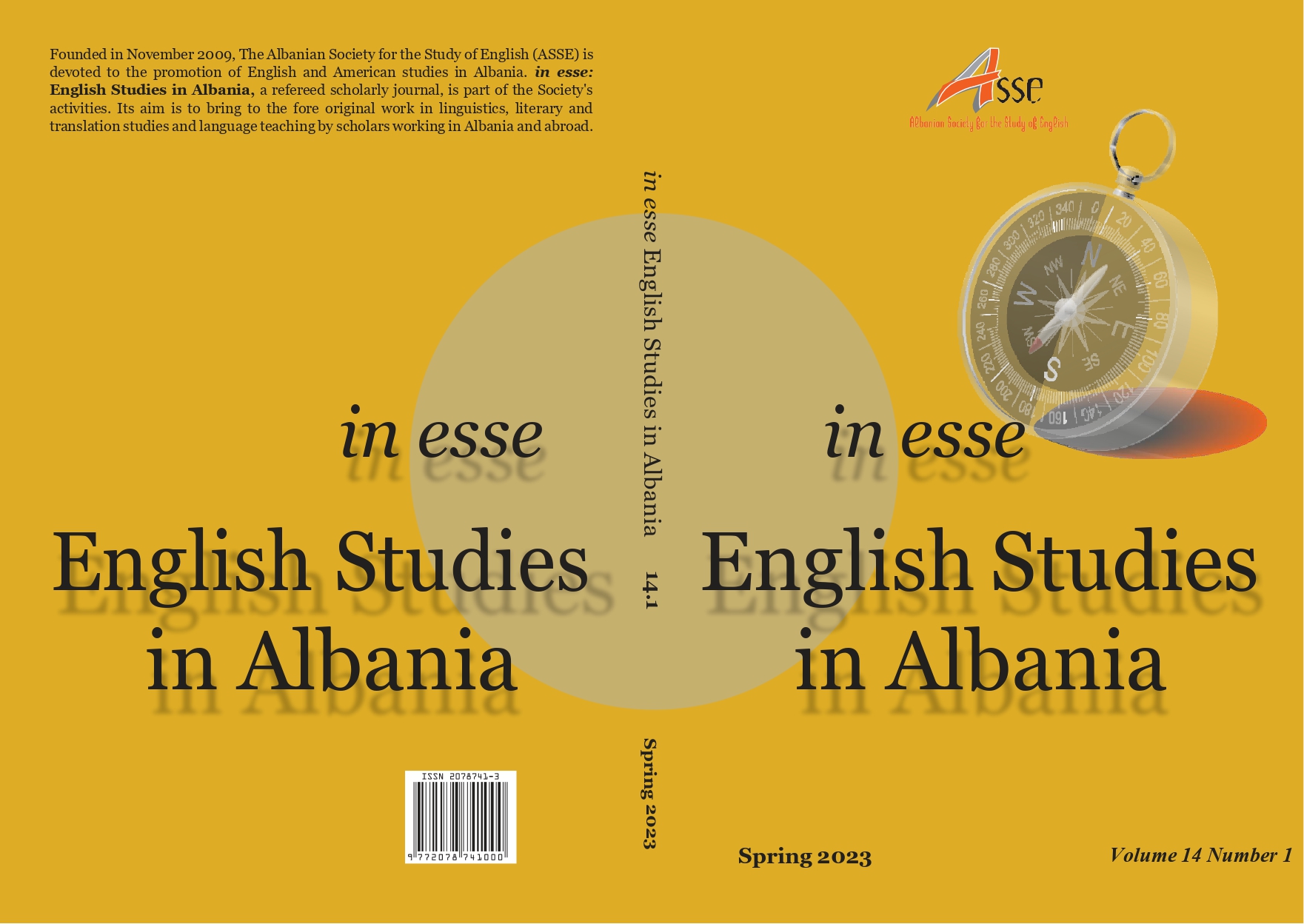From Stephen King’s Jake Epping to Fyodor Dostoevsky’s Rodion Raskolnikov: How good intentions could lead to the apocalypse
From Stephen King’s Jake Epping to Fyodor Dostoevsky’s Rodion Raskolnikov: How good intentions could lead to the apocalypse
Author(s): Maria Anastasova, Pavel FilipovSubject(s): Russian Literature, American Literature
Published by: Albanian Society for the Study of English
Keywords: Stephen King; John Kennedy; Fyodor Dostoevsky;11.22.63; apocalyptic vision;
Summary/Abstract: The article focuses on one of Stephen King’s 21st-century novels, 11.22.63, about a time traveller who tries to prevent the assassination of John Kennedy. Although King’s name has been associated primarily with horror fiction, horror is by no means the only domain the author dares to explore. His works often blur genre distinctions, present a scathing criticism of American politics, and pose some philosophical questions. As the end of 11.22.63 reveals a pre-apocalyptic vision of the world in which President Kennedy would have lived, the present study is interested in the reasons behind this plot development. Attention is paid to the personality of John Kennedy and to the motivations behind the decision-making of the main character in the novel. The analysis has led us to certain parallels with Fyodor Dostoevsky’s classics Crime and Punishment, as both protagonists—Jake Epping in 11.22.63 and Rodion Raskolnikov in Crime and Punishment—can be seen as utopists who believe that they can make the world a better place by eliminating people who do wrong. We argue that the single-handed doing of justice is the main reason behind the dystopian visions in the two novels, which is why the characters’ good intentions have a disastrous result.
Journal: in esse: English Studies in Albania
- Issue Year: 14/2023
- Issue No: 1
- Page Range: 6-15
- Page Count: 10
- Language: English

